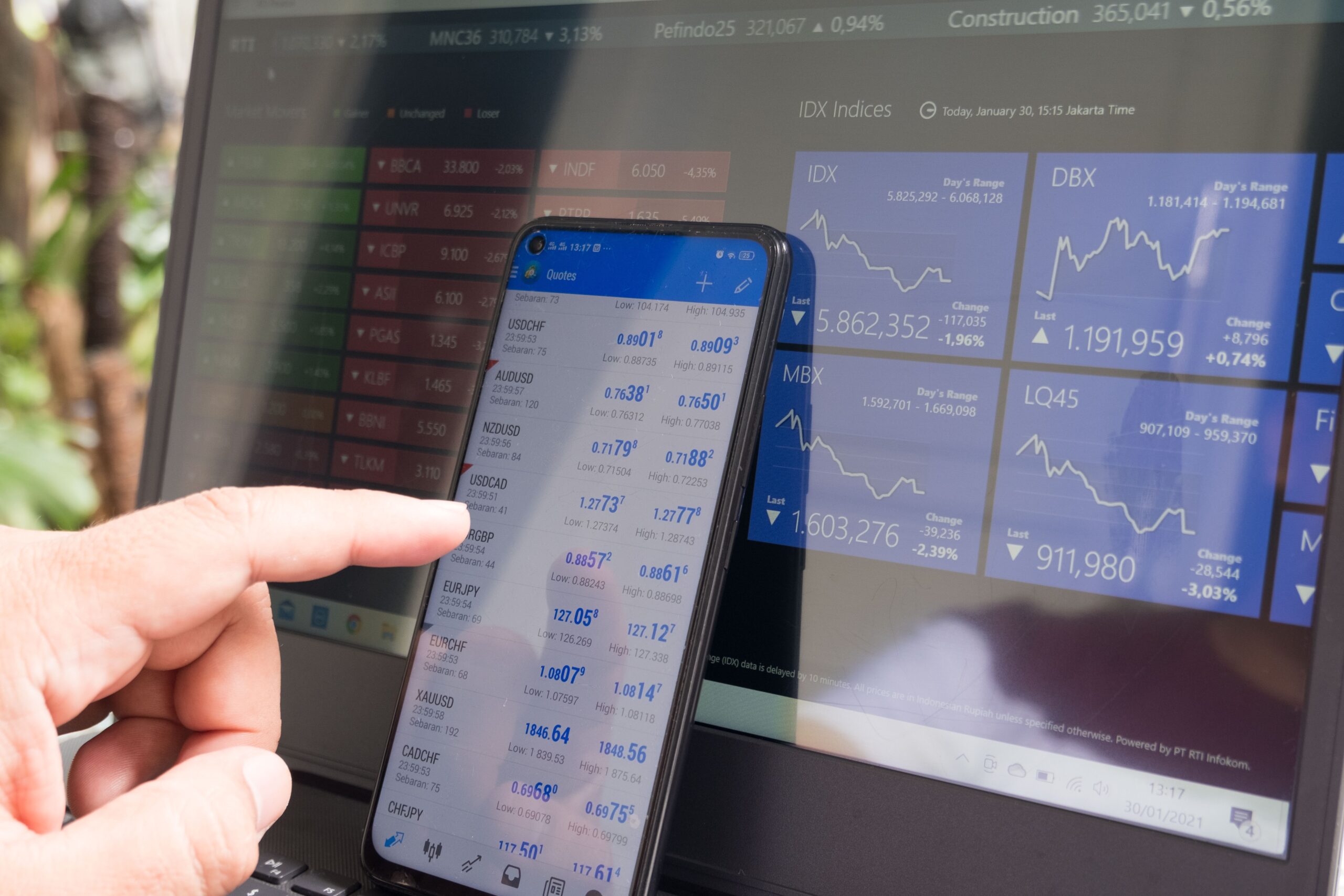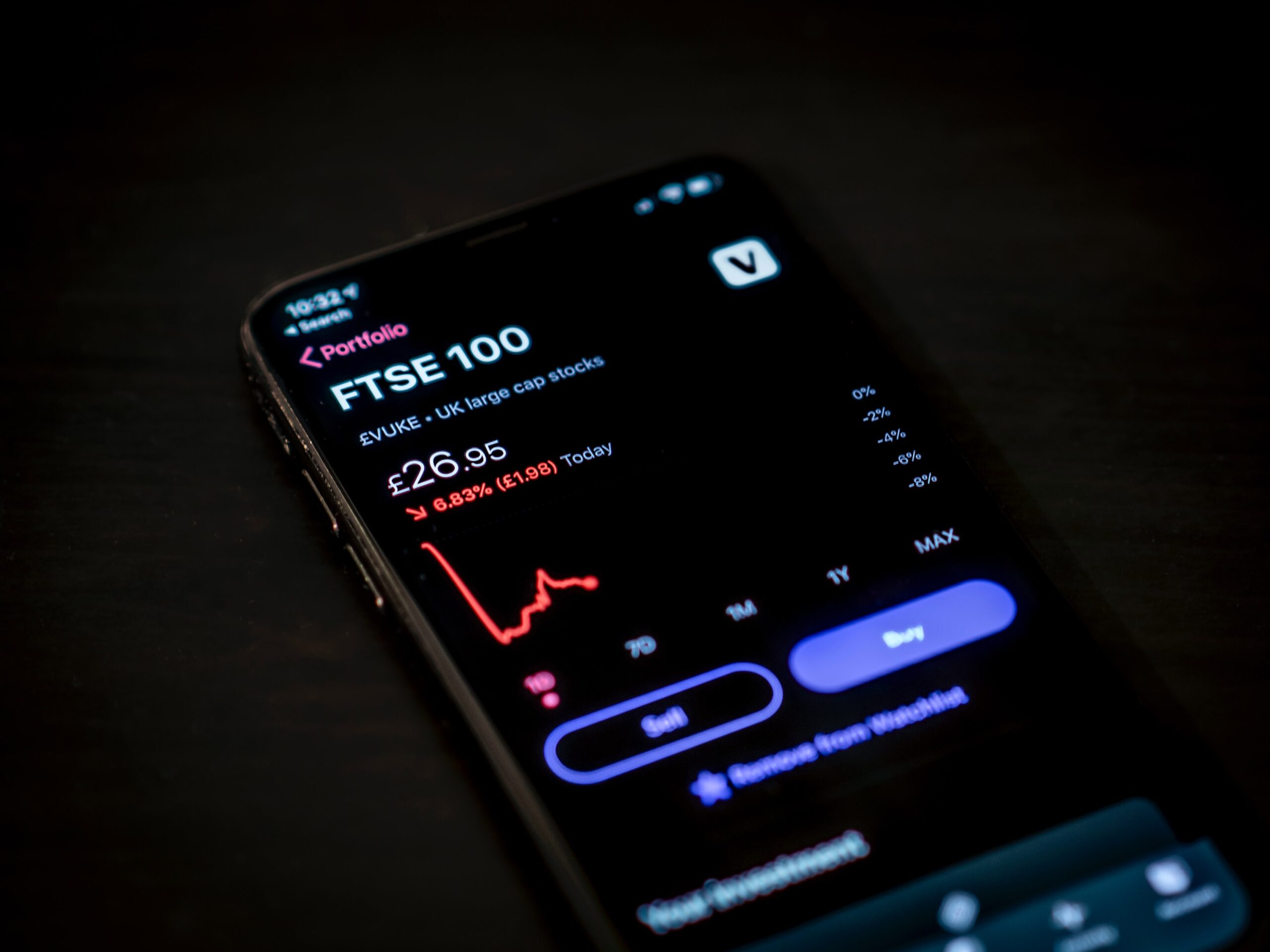A financial market is a marketplace where financial securities are traded on both a national and global level. Traders buy and sell those securities to gain potential profits while trying to limit their risks. Many traders tend to focus on one particular financial market, for example, trading stocks or Forex, but it is important to have an overview of all the different markets available to trade on because they can all impact each other. This article will cover the most important financial markets and explains their global role.
It is important to note that a financial market is, at base value, not much different to other markets, where goods and produce are bought and sold. But rather than the exchange of vegetables, clothing, or computers for the local or national currency, the financial markets are focused on the buying, selling and holding of financial securities, products and instruments. Financial markets has expanded exponentially over the past few decades and now offer many types of financial instruments.
The Different Types of Financial Markets
Below is a quick list of the main financial markets. The different types of financial markets include:
1. The Forex Market
2. The Stock Market
3. The Derivatives Market
4. The Commodity Market
5. The Cryptocurrency Market
6. Capital Markets
7. Money Markets
Forex, stocks and commodities can be traded both short and long-term. Professional traders can decide to engage in investments or trading, depending on their own approach and trading style.

1. The Forex Market
The growth of the Forex market has been enormous in recent years, as it cements its status as the most heavily traded financial market in the world. In 2019, the daily volume in the Forex market averaged in excess of $6 trillion! Compare that to less than $1.5 trillion a day in 2001. This is immense growth. There are some key factors that have contributed to this trend:
- The growth in international trade
- Advanced computers
- Easier access to financial markets via online brokers
- More trading tools and better access to information
Forex is a type of market that is popular with traders who are looking for short and medium-term trading opportunities, who can take advantage of it being opened 24 hours a day, 5 days a week.
2. The Stock Market
Like the rapid growth of the Forex market, another such trend could be found in global stock markets. The stock market is perhaps the most well-known type of financial market to trade and invest in. The stock market is where public companies such as Apple, Amazon, Disney, HSBC, Shell and Volkswagen list their shares for investors to buy and sell.
3. The Derivatives Market
Derivatives are a class of securities whose value depends on (or is derived from) an underlying asset. Options, futures and CFDs are all examples of commonly used derivatives. Speculators can use these instruments to hedge against risk or to take on risks in order to potentially make a financial gain.
CFDs in particular have grown in popularity amongst the online trading community in recent years. As with most other derivative products, CFDs allow traders to speculate on both rising and falling markets, without ever owning the underlying asset in question, as well as:
- Trade long and short positions.
- No additional charges on short positions (attempting to profit from falling prices).
- Advanced risk management tools – use stop loss orders and take profit levels to minimise risk.
- Access to global financial markets such as Forex, Stock CFDs, Commodity CFDs, Index CFDs and more.
- Leverage trading. You only need a small deposit of the trade value to control a larger position.
4. The Commodity Market
The commodity market tracks the movement of natural raw materials and is comprised of hard commodities, such as gold and oil, and soft commodities such as agricultural and livestock products. Market participants can invest directly in commodities, by purchasing the physical asset in question, or indirectly by purchasing stocks or trading derivative products.

5. The Cryptocurrency Market
Although a relatively newer market, cryptocurrencies, have been making huge head way. This market tracks digital currencies (with different use cases) and has grown in huge popularity since 2017. This market is known for its volatility and can yield very high returns if the game is played correctly. The future seems bright for cryptocurrencies and blockchain technology in general, with only the projects with utility and use case being the ones that will survive the test of time. As well as being able to make big gains, you can also suffer big losses so always do your research first and manage risk.
6. Money Markets
Money markets are focused on very short-term debt, and involve banks lending to each other for short-term liquidity purposes.
7. The Capital Markets
Capital markets include the stock and bond markets (both private and public sector bonds). There is a primary market, where companies and governments issue new securities, and a secondary market, where previously issued stocks and bonds are traded.

